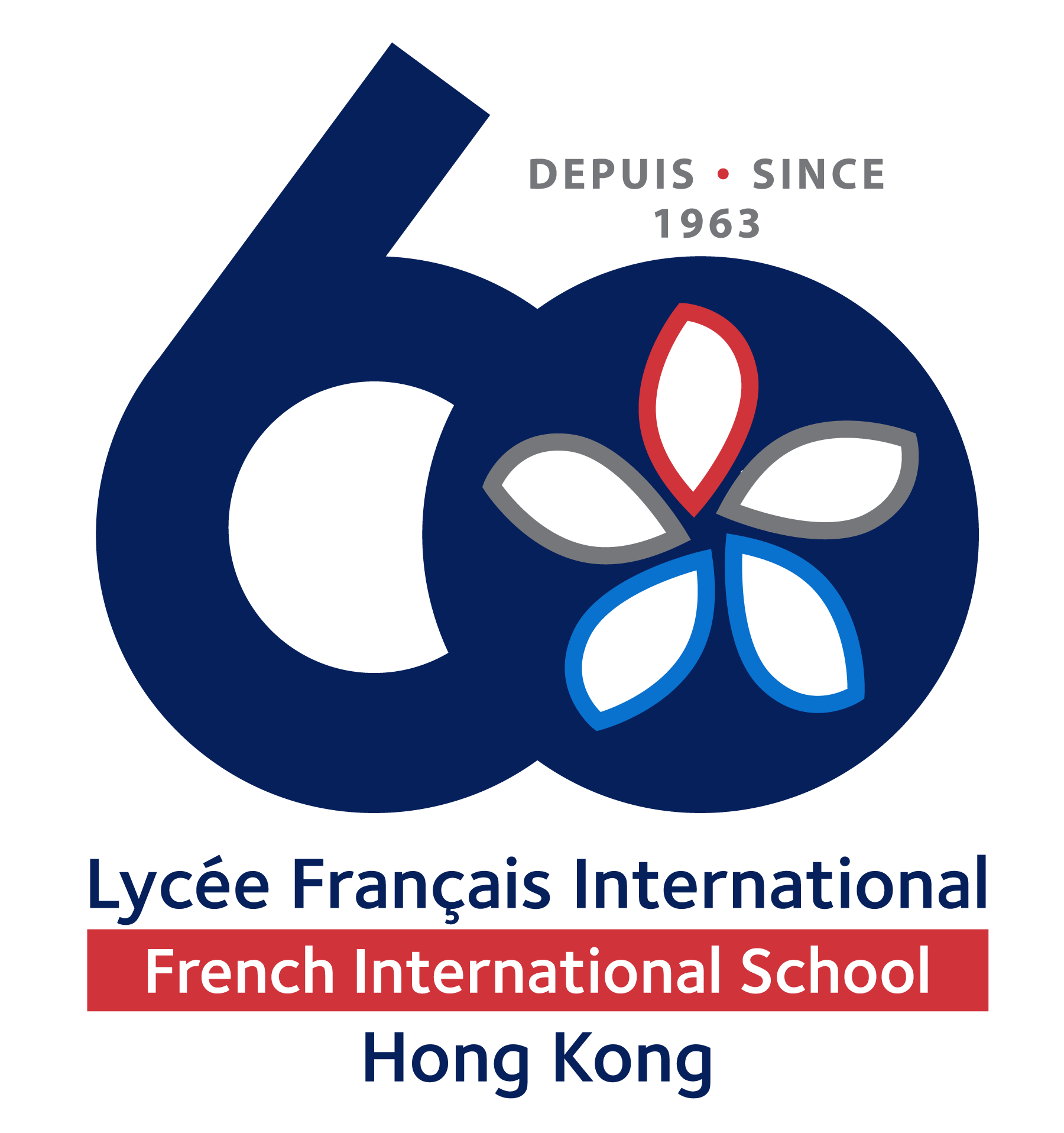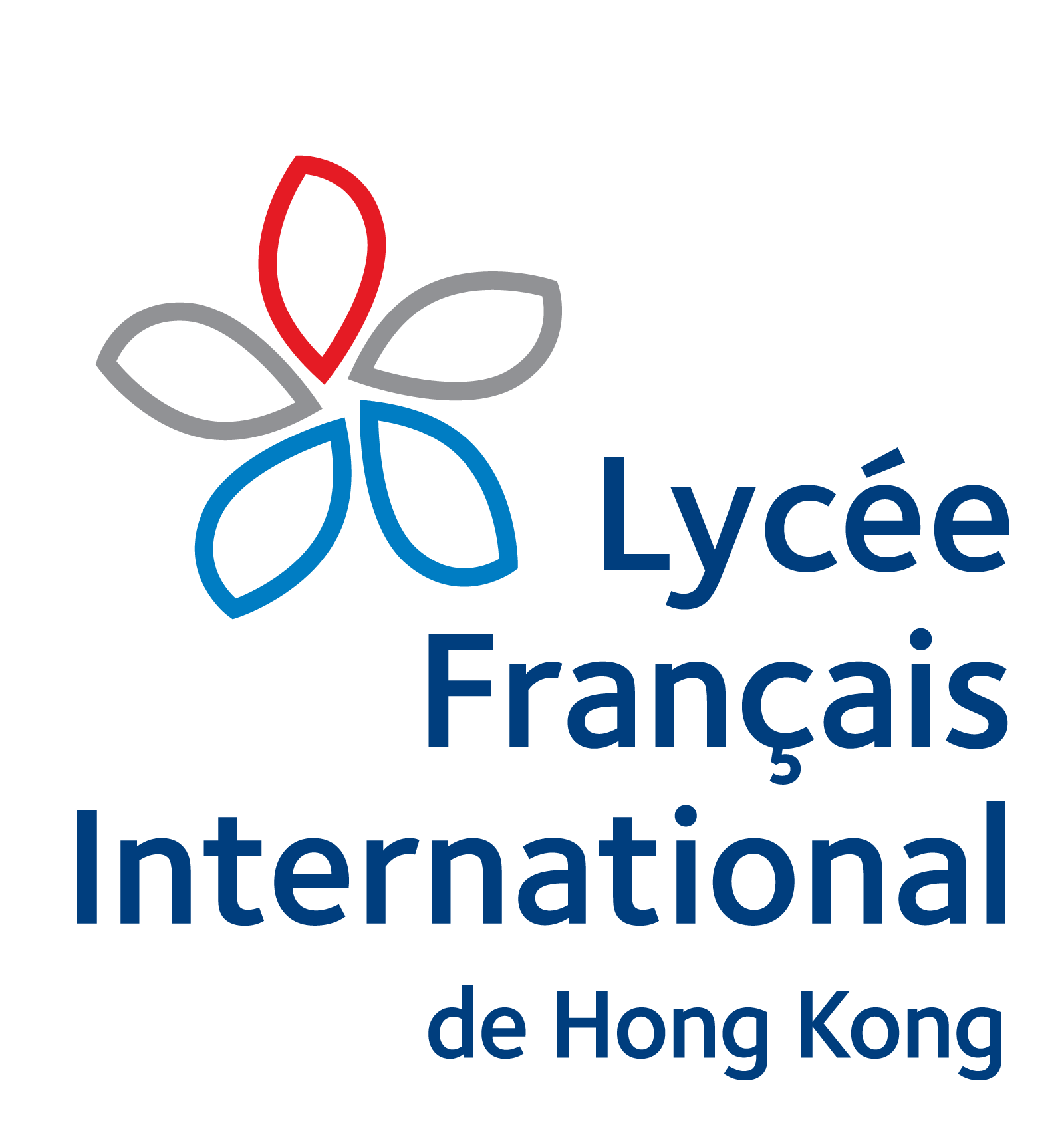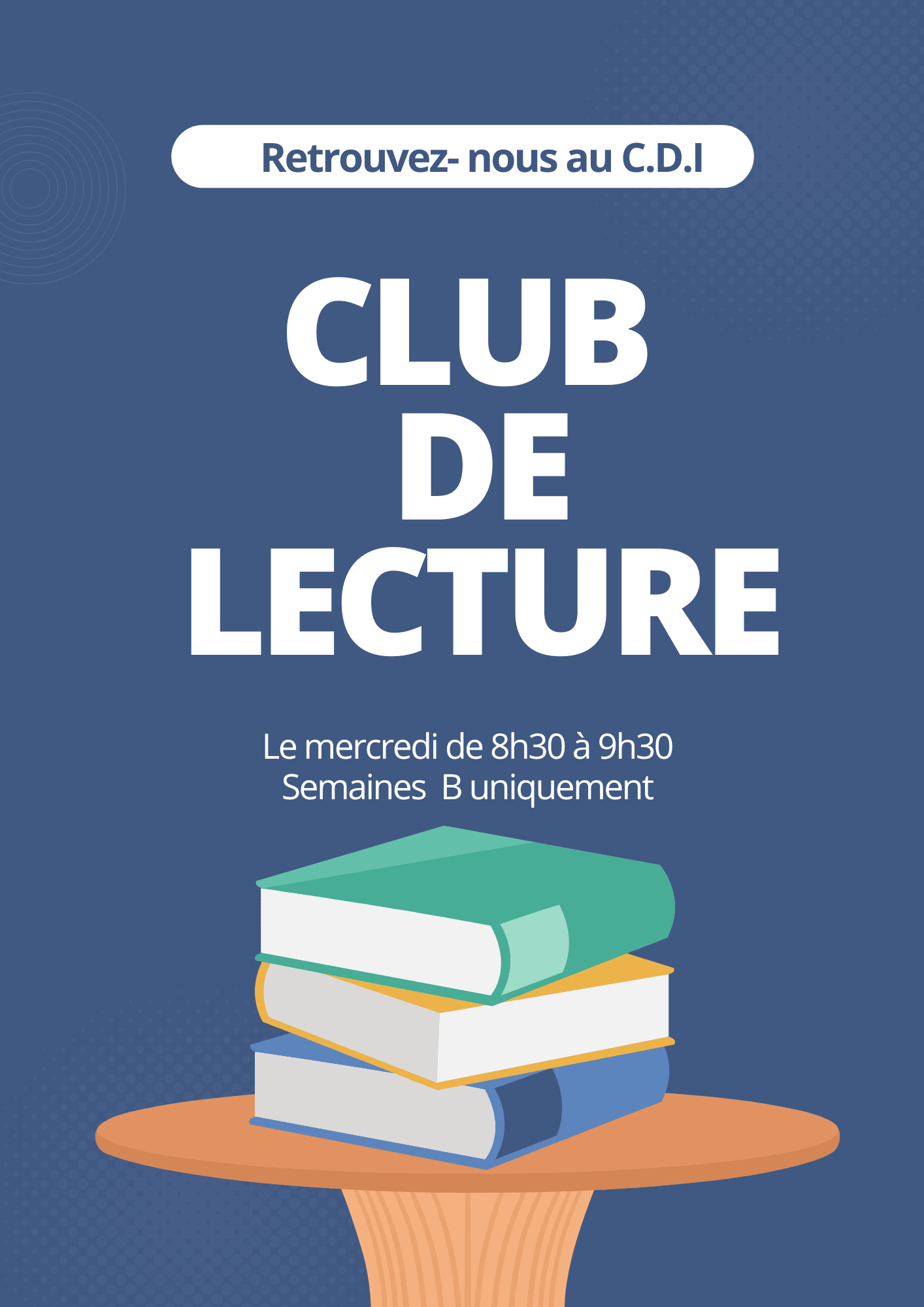Fourth session of the Book Club
Wednesday 23rd November 2022 – BPR
Ms Guidevay presents the novel Pas pleurer by Lydie Salvayre. It features the voices of a mother, her daughter and Georges Bernanos, set against the background of the Spanish Civil War. The ‘little story’ of the mother and daughter becomes the thread that leads to a better understanding of the ‘big story’. The family’s exile in France also allows the author to stage the linguistic interferences between French and Spanish, the novel being thus full of hispanisms and untranslated Spanish phrases. Finally, the still somewhat naïve viewpoint of the little girl makes it possible to consider with a certain distance the debates between different forms of political commitment characteristic of this historical period, between socialism and anarchism, in particular.
Elise has chosen this time to present a book from the SES high school students’ prize, Gilets jaunes, la révolte des budgets contraints, by Pierre Blavier. The book informs the reader about the organisation of the movement, using the example of some representative family profiles. The text is part of a selection that also includes Ecrire au Président. Enquête sur le guichet de l’Elysée by Julien Fretel and Michel Offerté; La Banque providence by Eric Monnet; Un pognon de dingue mais pour qui? L’argent de la pandémie, by Maxime Combes and Olivier Petitjean; Comprendre la bourse avec Captain Economics, by Thomas Renault; L’Atlas Molière by Clara Dealberto, Jules Grandin and Christophe Schuwey; L’Autre à distance. Quand une pandémie touche à l’intime, by Anne Muxel; L’animal et la mort – Chasses, modernité et crise du sauvage by Charles Stépanoff.
Finally, M. Loggia offers a review of La Statue de Sel, by Albert Memmi. The author recounts the childhood and formative years of Alexandre Mordekhai Benillouche, in an autobiographical novel that reminds us of his birth in Tunis, at a time when France still imposes a Protectorate. The young Alexandre lives in a poor Jewish family on the outskirts of the ghetto. Very comfortable in his studies, he received various aids which enabled him, from success to success, to envisage a career as a philosophy teacher, the antithesis of the cobbler’s trade for which his father had intended him. Never completely accepted by his French classmates, by his Muslim compatriots, or even by his original environment with which the rupture seems more and more inevitable, he describes the destructive effects of the colonial situation, but also questions us, more generally, on the dynamic relationship that an individual maintains with his family. A text of great depth, which will find an extension in the double essay published by Memmi a few years later, Portrait du colonisé, preceded by Portrait du colonisateur.



